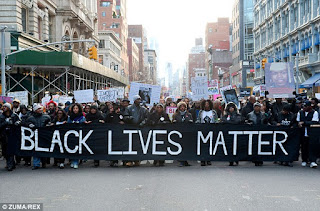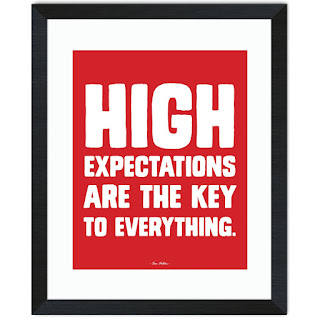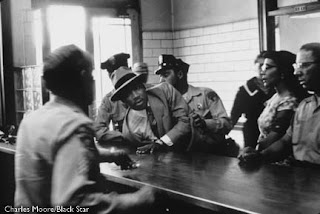Hope and Healing in Urban Education: How Urban Activists and Teachers are Reclaiming Matters of the Heart
Hope and Healing in Urban Education: How Urban Activists and Teachers are Reclaiming Matters of the Heart Ginwright, S. Ginwright argues that culturally responsive teaching along with a relational pedagogy facilitates healing among students in urban areas. Effective teaching and learning that is responsive to culture along with effective engagement with personal processes (forgiveness, courage, joy ect.) are crucial in the learning process. Relational pedagogy focuses on creating quality relationships with young people. The articles discussed three important lessons. Critical reflection is the reflection on situations and the most important lessons young people should learn. It considers spiritual, social, and political forces that shape our decisions. Forgiveness is a transformative practice that opens up possibilities for humane connections. Restoration is a repairing and rebuilding when harm is done. It is the process of making things right. Healing centered pedagog...


